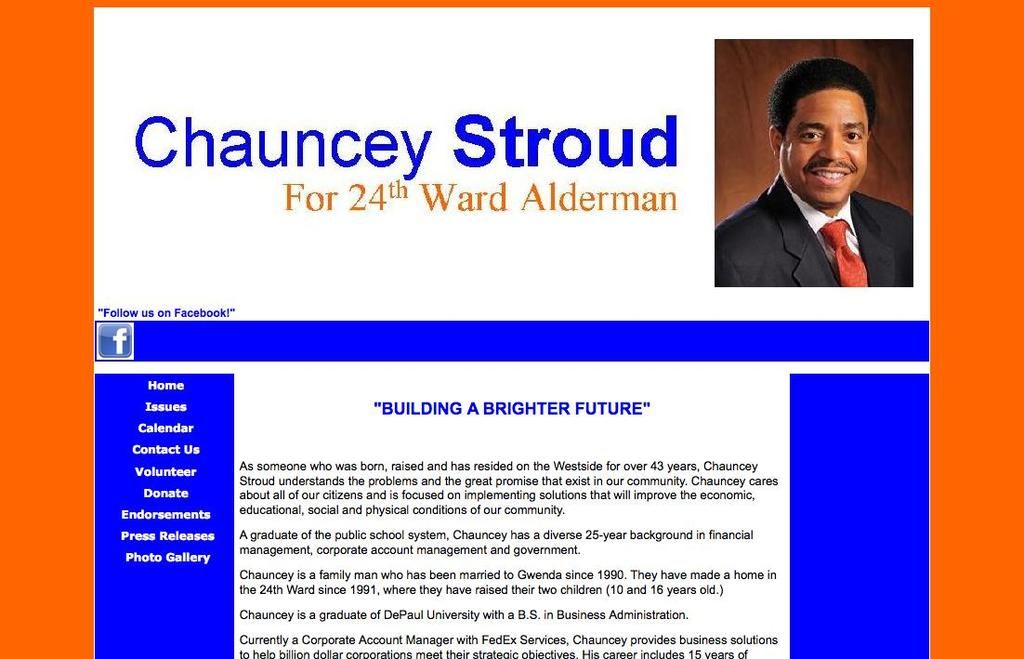Top Earner Tax Exempt: Klingbeil Resists Relief Tax Proposals
Article:
Rising social security contributions have been observed in pay stubs at the beginning of the year, a trend that may persist unless political action is taken. The SPD is considering tax reforms as a potential solution, yet, no relief for top earners is anticipated from Lars Klingbeil, the Federal Minister of Finance.
In an interview with "Bild am Sonntag," Klingbeil emphasized the challenges posed by increased social security contributions, underlining their impact on both employees' disposable income and businesses' wage costs. He asserted the necessity to stabilize these contributions.
The oncoming increase in contributions for health and long-term care insurance is a pressing concern, temporarily mitigated by higher budget subsidies. However, Klingbeil contends that this method is not sustainable, stating that the finance minister cannot continually provide additional funds. Instead, he advocates for structural reforms aimed at permanently stabilizing contributions.
On the matter of the planned tax reform by the black-red coalition, Klingbeil highlighted his opposition to disproportionately benefiting high earners. He expressed support for the working class with low and middle incomes, stating it is inappropriate for individuals like himself, who earn comparably, to receive more relief than the average worker.
Klingbeil, who is also the chairman of the SPD, emphasized his intention to revamp his party, referring to the 16.4% election result as a signal for change. He noted a perception among the public that the party was too focused on fiscal issues compared to addressing employment matters.
Structural ReformsLars KlingbeilSPDPension InsuranceHealth InsuranceLong-Term Care Insurance
The proposed tax reforms in the coalition agreement between the CDU/CSU and SPD primarily focus on corporate tax reductions and investment incentives. However, it is not explicitly mentioned whether these reforms will lead to changes in social security contributions for top earners. Social security contributions in Germany are usually capped and reforms generally focus on broader economic competitiveness rather than altering contributions for specific groups like top earners. Nevertheless, any changes to taxation could influence broader economic policies, including social security. For specific details on how these reforms may affect social security contributions, additional analysis would be required.
- Lars Klingbeil, the Federal Minister of Finance and chairman of the SPD, advocates for structural reforms aimed at permanently stabilizing contributions for Pension Insurance, Health Insurance, and Long-Term Care Insurance, stating that the finance minister cannot continually provide additional funds.
- In the proposed tax reforms by the black-red coalition, Lars Klingbeil, the SPD leader, has expressed opposition to disproportionately benefiting high earners and has supported the working class with low and middle incomes, maintaining it is inappropriate for him, compared to the average worker, to receive more relief. However, it is unclear whether these reforms will lead to changes in social security contributions for top earners, as reforms tend to focus on broader economic competitiveness rather than specific groups.







